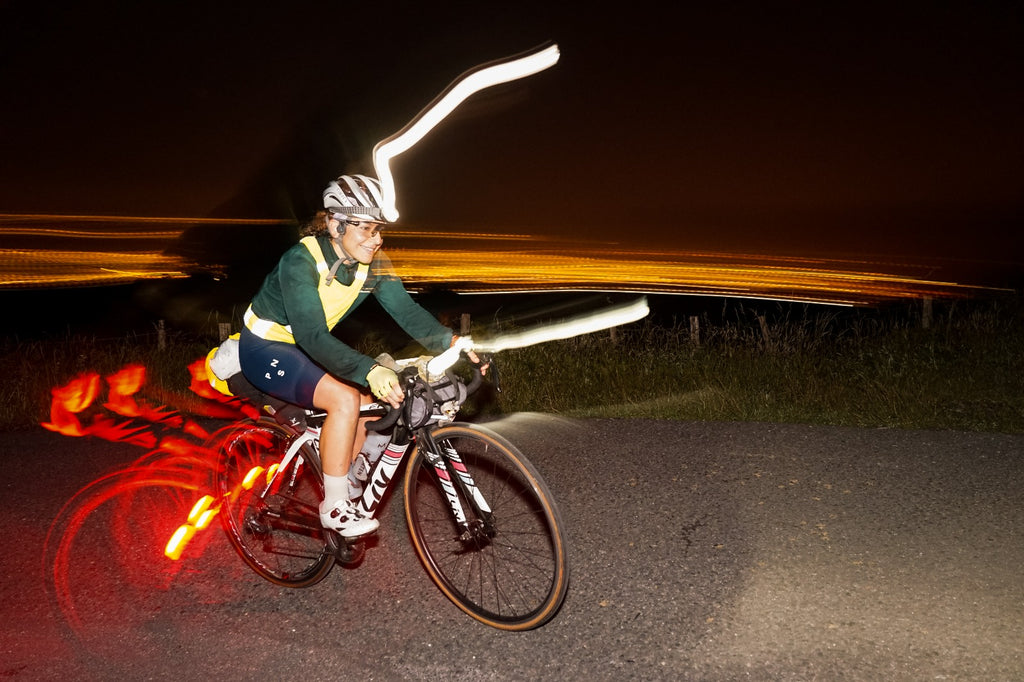Produced in association with Pas Normal Studios
In 2015, Donna Deeb, with very little cycling experience, packed some bags onto a bike she’d bought just a few days prior and set off on the Camino de Santiago. From London, she took a ferry to Santander and rode the 1000 kilometre track through stunning Spanish landscapes.
“I was going back to Spain to start a new job and I knew I wouldn’t have much time when I got there, so I wanted to do the ride,” Deeb says. “I spoke Spanish already so I knew it would be easy to communicate and the route was already marked for me. I’d also volunteered in one of the albergue there, where people go to sleep, so I saw many people who were hiking it back then.”
Deeb talks about attempting such a big physical challenge surprisingly casually. For some, taking on an adventure like the Camino de Santiago would take months of preparation, but Deeb explains she was simply grateful to have the opportunity to ride it in the first place. It would not be the first type of adversity that she’d faced in her lifetime.
Win tickets to the 2023 Transibérica Women’s Cycling Camp with Pas Normal Studios
“I was born in Aleppo, Syria. I’ve been living for the past 10 or 11 years in Spain. Cycling as a female in Syria is limited, something you were never supposed to do as a woman,” Deeb says. “From the first day I set off I met so many amazing people on the Camino, many friends who I still stay in touch with. They encouraged me and I kind of lost track of time, of everything, it was amazing. I was just fighting and reaching my destination everyday, keeping positive. I felt happy all the time, like even if I had technical problems or other difficulties, I could solve anything with this sort of attitude.”
Deeb’s first desire to try her hand at bikepacking was ignited when she met two cyclists during one of her stays in London. “I was about 12 years old and met two cyclists, Jamie and Henry, they were doing London to Sydney by bicycle. We hosted them at our house and they were talking about that adventure,” she says. “I was like, one day I would like to do that on a bicycle, I became motivated for it.”
The story that Deeb shares is a clear example of why representation matters in cycling; she’d seen others do something and that ignited a passion in her to do something similar one day. It’s this very ethos that Deeb carries with her into the work she does today with Transibérica, the company…

